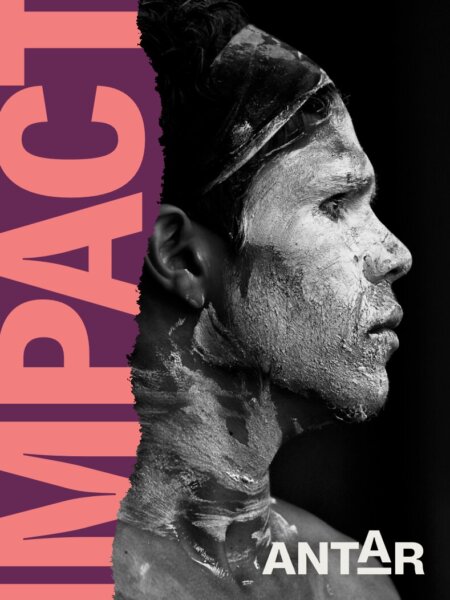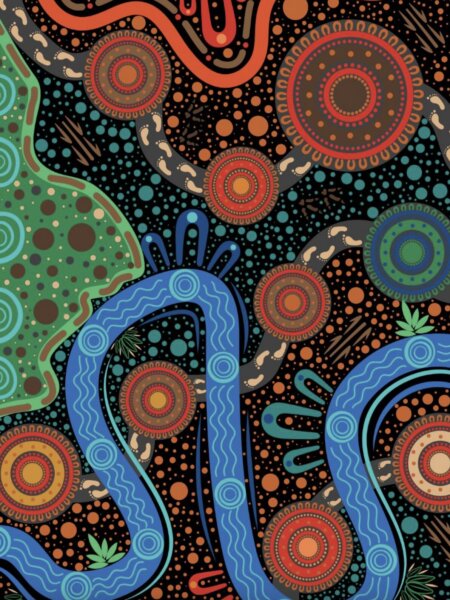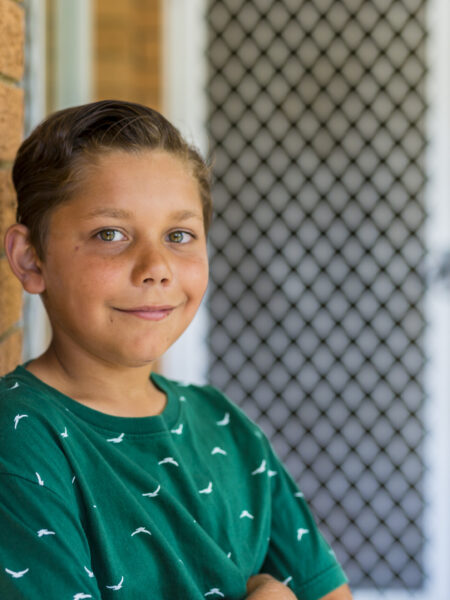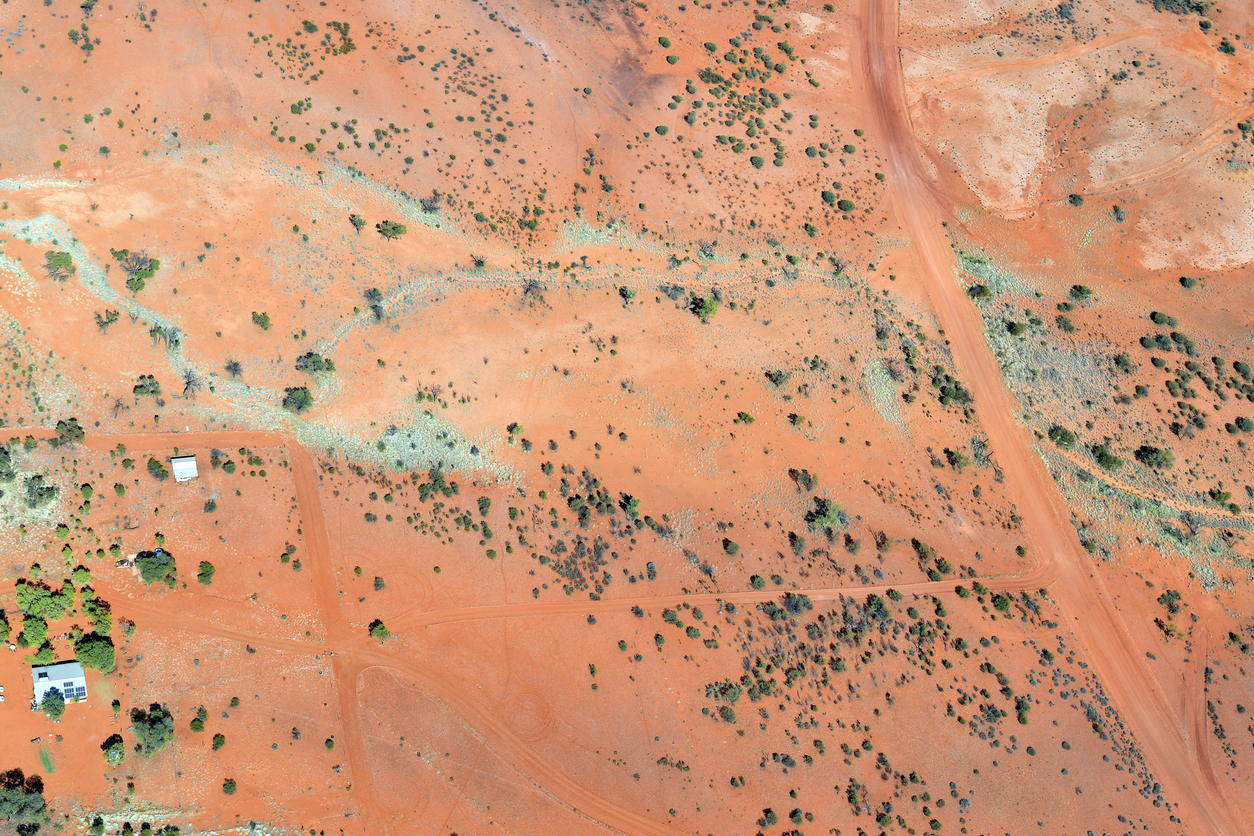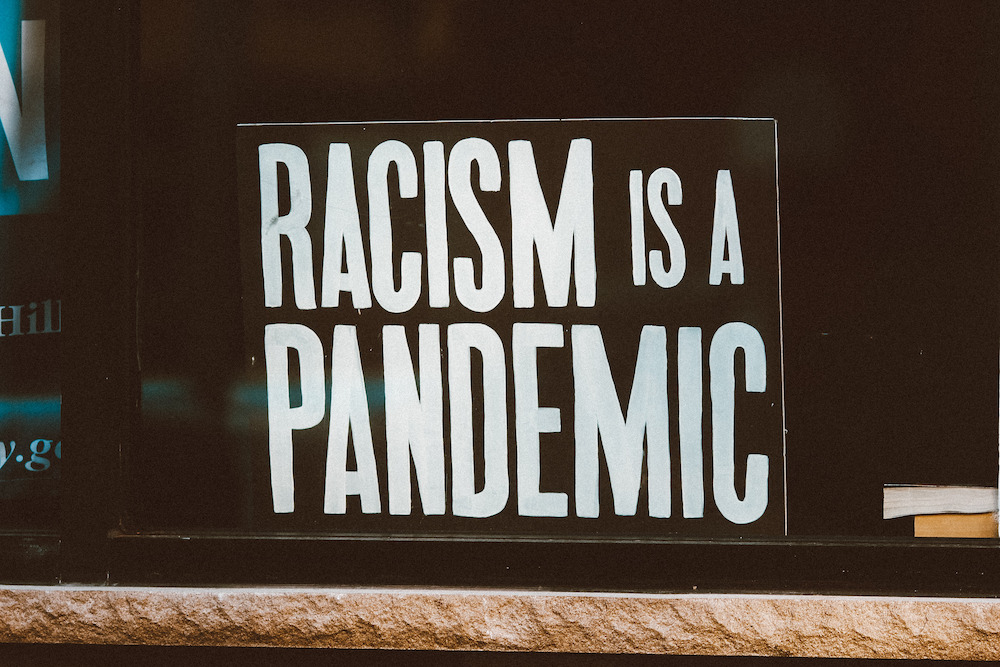Anti-racism framework
In March 2021, the Australian Human Rights Commission (AHRC) released a proposal for a National Anti-Racism Framework in response to enduring community calls for national action after heightened experiences of racism and racial inequality in recent years. The proposal was intended to begin a national conversation about anti-racism action.
From March 2021 to April 2022, the AHRC led consultations on the scope and vision for a Framework. In our submission, ANTAR included three key areas we believe should be fundamental to a National Anti Racism Framework, including:
- Comprehensive public education that addresses racism;
- Addressing systemic or institutional racism that perpetuates structural prejudices;
- Ensuring protections are in place for individuals and also suitable and safe avenues of recourse where people suffer racism.
The submission also noted that anti-racism principles from a First Nations perspective include:
- Education / Truth-Telling – to address the misinformation that has been shared throughout history and which has had an inter-generational impact on the experience of racial discrimination by First Nations communities.
- Inclusion – of First Nations voices, experiences and knowledge on matters that affect them at all levels to ensure that they are represented and provided with equal opportunity to have their say.
- Right to self-determination – to live a life that is equal to others and free from racial discrimination (i.e. access to healthcare, education, employment).
In 2022, the AHRC released its Scoping Report for a National Anti-Racism Framework. The report provides an initial evidence-based summary of what the Commission heard during consultations on the scope and vision for a Framework.
As of 2023, the Australian Government has committed dedicated funding to a National Anti-Racism Strategy which will be used by AHRC to amplify and progress the scoping report’s findings, as well as to conduct further targeted scoping consultations in 2023. On October 20 2023, the minister for multicultural affairs, Andrew Giles, told Guardian Australia’s politics podcast that the Albanese government will expedite a new national racism strategy after the defeat of the Voice Referendum.
What is anti-racism?
Nilmini Fernando, a racial literary scholar and educator, explains that anti-racism is a practice that goes beyond individual actions and attitudes. Being anti-racist means addressing racism in “your practices, your procedures, your policies, the way you do things, how you put your communications out to the world”. Fernando explains,
Race is about exploitation. Race is about putting somebody down. Race is about creating those ladders of upper and lower. It’s an active thing.
Some resources and tool kits can be found below which will be useful for both individuals and organisations to take the first step in confidently identifying when your friends, family members, peers and colleagues are experiencing – or perpetuating – racism or discrimination.
Resources
Anti-racism campaigns
Acting on incidents of racism
Once racism or racial discrimination has been identified it is important that actions are taken toward it being acknowledged and reported. Interventions help diminish the likelihood of racist incidents recurring and work to educate the perpetrator of the harm that their actions, words or policies cause so that they or the organisation are better able to address biassed attitudes, policies and procedures that negatively impact others.
Calling out racism can come in many forms and there are instances where intervening in physical or online spaces may not be safe or appropriate. What’s more, many First Nations peoples have spoken up about their mistrust that anything will actually be done once racism is reported, as well as their reluctance to engage with complicated official complaints processes that are often ignored. If this is the case, there are other ways that you may contribute to combating racism.
Reporting incidents of racism when they occur contributes to data which more accurately represents the lived experiences of the Australian population and can assist in identifying patterns that may be elicited from particular individuals, spaces, organisations or platforms. Data plays a significant role in identifying racism within our community and also guiding reform to policies which relate to racism.
The Racism. It Stops With Me website provides a number of ways you can report incidents such as:

